The other day, a good friend called me up to talk about something he had posted on Facebook. He had recently gotten a job with a top aerospace engineering company and had posted a status about it. However, he was worried that it would come across as showing off. I told him it was no big deal, and that because other people did it all the time, there was nothing to worry about. But it got me thinking about how much our culture has changed as a result of Facebook and other social media platforms. Facebook, Twitter, Instagram, and Pinterest, among others, are all great outlets of creativity and expression that allow millions of people to come together over the Internet to connect and share information. But who is it really for? And how good of a job does it do making connections and keeping us connected?
My guess is that for the average person, it doesn’t do as good of a job as we would like to think. In fact, I’d be willing to bet both of my bachelor’s degrees that a typical user with 700+ friends communicates with only 10% of those friends at most on a regular basis. If you can manage more than that, then you deserve an award! Just thinking about how many people we are "friends" with in our everyday lives and how many of them we actually hang out with paints a clearer picture. And although social media can be a great tool to reconnect with long lost friends, there simply isn’t enough time to talk to them all.
Social media has helped create a culture in which we try to focus the spotlight on ourselves instead of on those around us. After all, it's not a team sport. Here is where that old adage "There is no 'I' in team" goes out the window. In the world of social media, it’s all about the "I," and when your success is measured by the approval of others, it can seem like a competition. Look whose picture got the most likes! Who has more followers on Twitter? How many subscribers do I have on my YouTube channel? How many shares is this Odyssey article going to get? It’s only natural to care about what others think and to want to look good in front of others. So when your personal image is on the line, what you post becomes even more important.
When we post about getting the dream job, the internship, or even good grades, who is it really for? Are we doing it because it makes us feel better about ourselves, because it boosts our self-esteem, or is it because everyone else really needs to know? Chances are, while most of our friends and followers (or whatever) will be happy for us, it’s only our close friends that will care. And you don’t have to announce anything through social media to tell them the good news. I can remember back to when I was in middle school and grades would come out at the end of the semester. I never told my friends what I got unless they asked me. Even when we share links online, is it because we think someone else will like it or is it because we find it interesting? What we share says a lot about who we are. It speaks to our likes and dislikes. It’s all part of our online persona. Our culture has come a long way since before the days of social media. And it’s not necessarily headed in a bad direction (like many old people would have us believe). It’s just headed in a different one.



 Photo by
Photo by 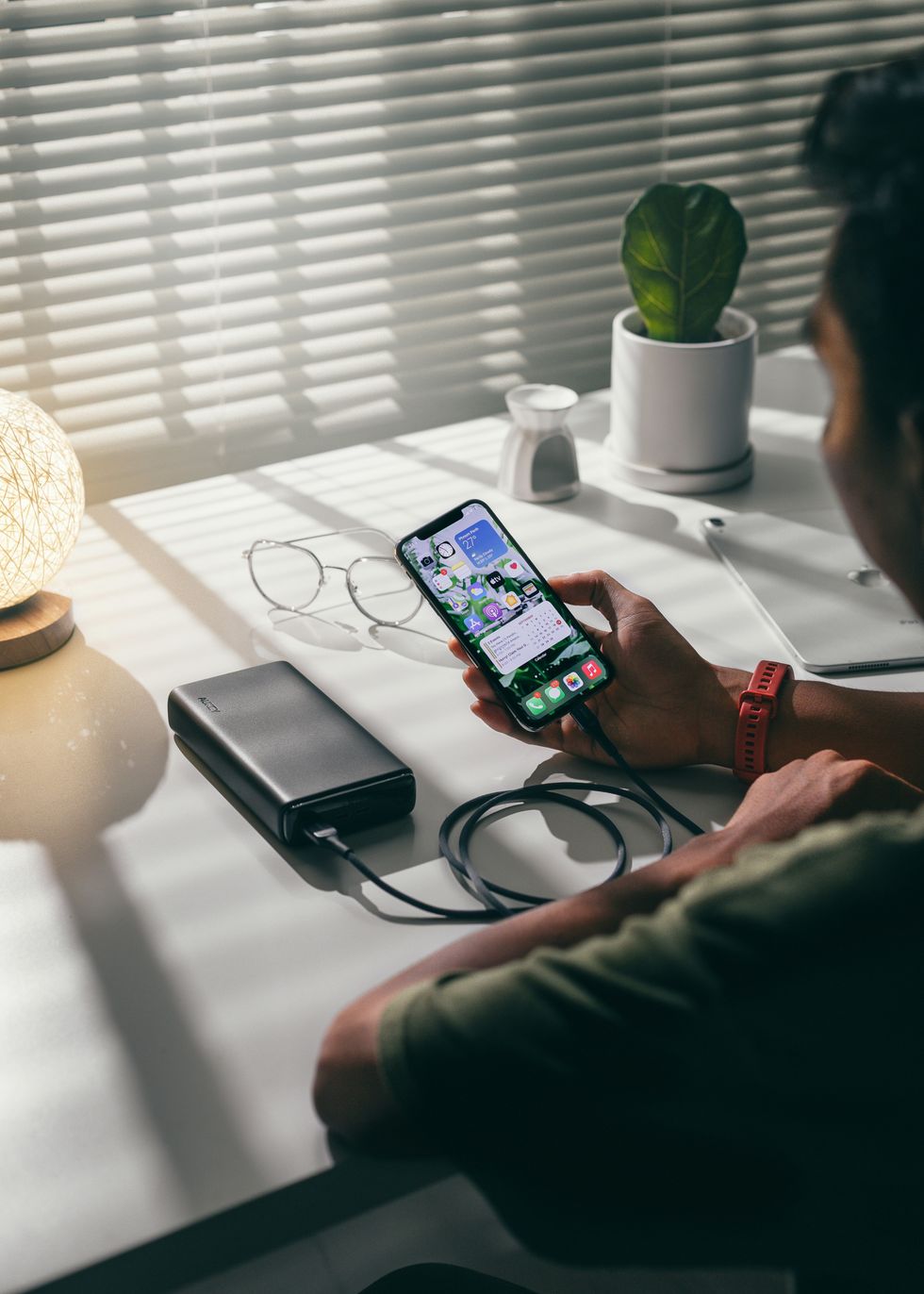 person holding black smartphone on white textile
Photo by
person holding black smartphone on white textile
Photo by  StableDiffusion
StableDiffusion
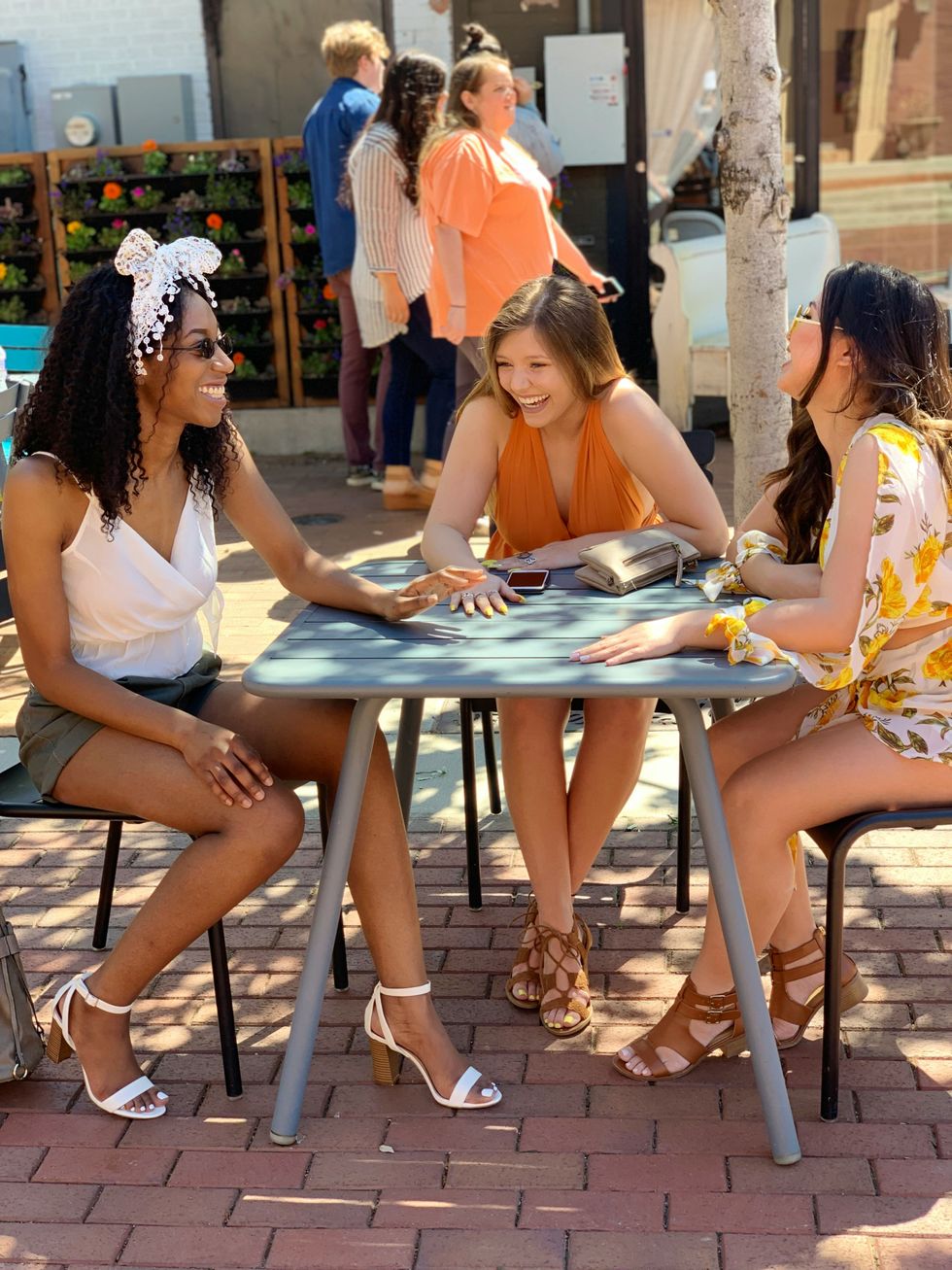 Photo by
Photo by  Photo by
Photo by 
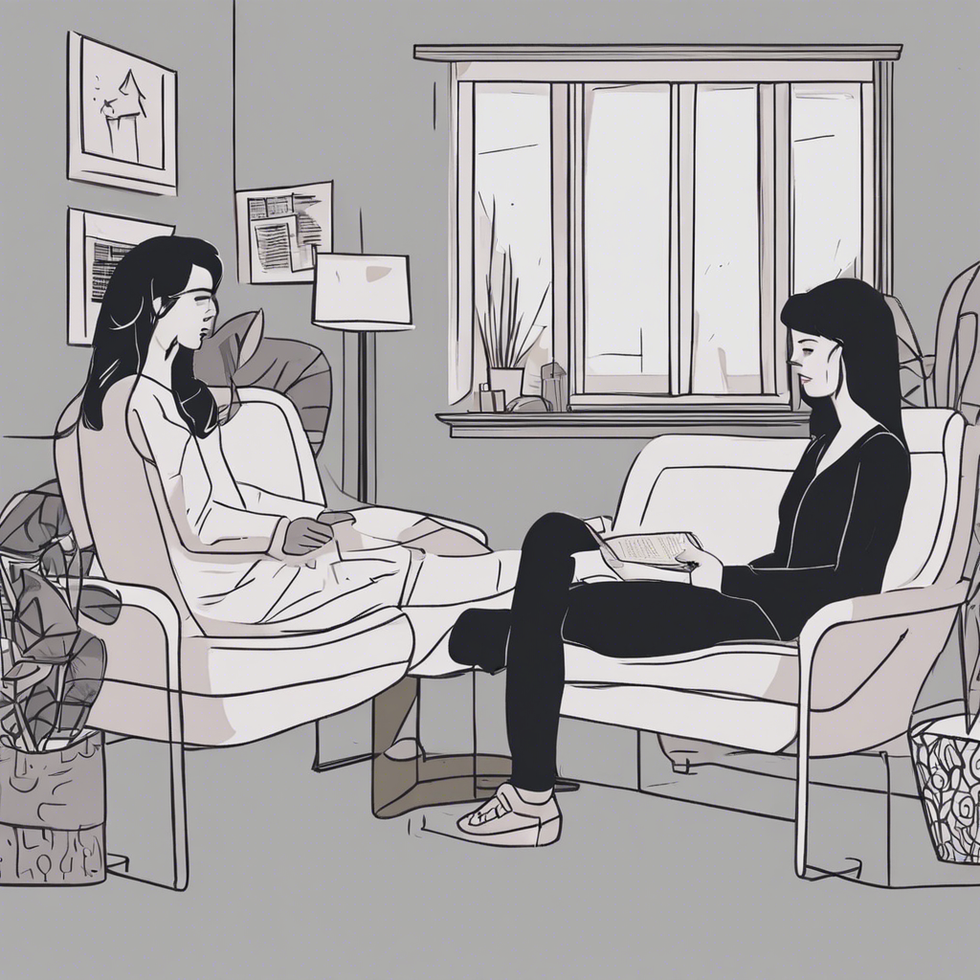 roommate as a therapist
StableDiffusion
roommate as a therapist
StableDiffusion
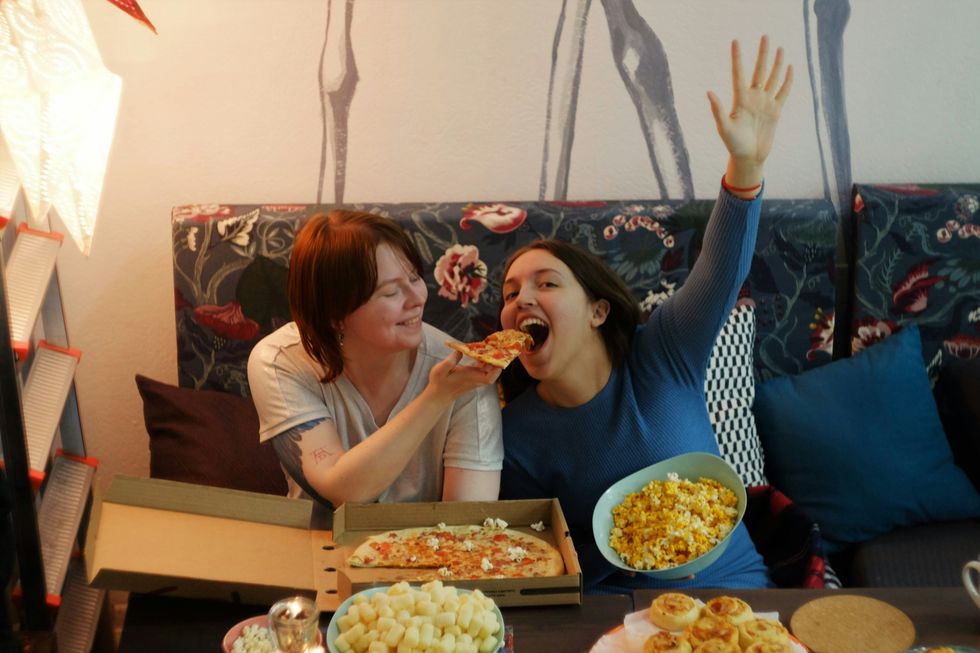 woman in white shirt eating pizza
Photo by
woman in white shirt eating pizza
Photo by  person holding remote pointing at TV
Photo by
person holding remote pointing at TV
Photo by  person holding assorted clothes in wooden hanger
Photo by
person holding assorted clothes in wooden hanger
Photo by  a couple of
a couple of 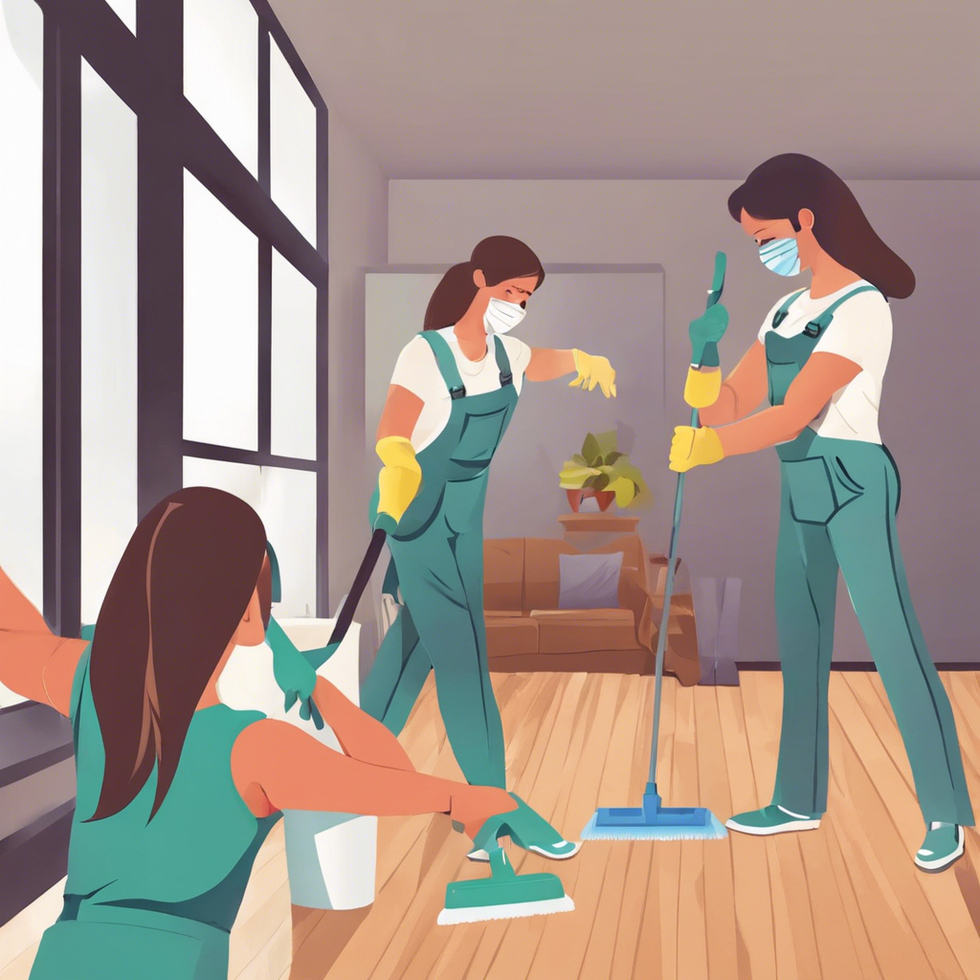 friends cleaning apartment
StableDiffusion
friends cleaning apartment
StableDiffusion
 man driving car during golden hour
Photo by
man driving car during golden hour
Photo by  bacon strips and melted cheese topped fries on oval white and blue platter with gray stainless steel forks
Photo by
bacon strips and melted cheese topped fries on oval white and blue platter with gray stainless steel forks
Photo by  selective focus photography of eyeshadow palette
Photo by
selective focus photography of eyeshadow palette
Photo by  brown wooden framed white padded chair in between green indoor leaf plants inside bedroom
Photo by
brown wooden framed white padded chair in between green indoor leaf plants inside bedroom
Photo by 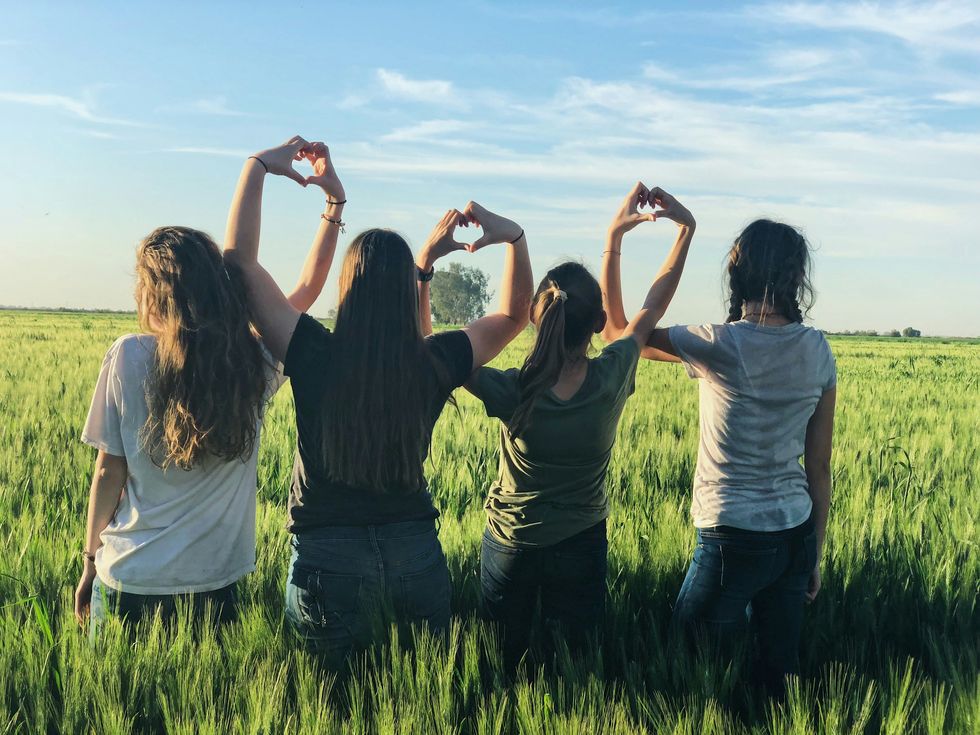 women forming
women forming  taking
taking  man in red polo shirt pouring wine on clear wine glass
Photo by
man in red polo shirt pouring wine on clear wine glass
Photo by  woman in black jacket standing on road during daytime
Photo by
woman in black jacket standing on road during daytime
Photo by 
 StableDiffusion
StableDiffusion
 StableDiffusion
StableDiffusion
 student thinking i shouldnt have procrastinated all semester
StableDiffusion
student thinking i shouldnt have procrastinated all semester
StableDiffusion
 Photo by
Photo by  Photo by
Photo by  Photo by
Photo by  StableDiffusion
StableDiffusion
 StableDiffusion
StableDiffusion
 Photo by
Photo by  Photo by
Photo by 


 Lumiere figure at the Disney Store at the Ala Moana Shoppi… | Flickr
Lumiere figure at the Disney Store at the Ala Moana Shoppi… | Flickr








 StableDiffusion
StableDiffusion StableDiffusion
StableDiffusion 10. Extra BlanketsJuwenin Home 100% Cotton Knitted Throw Blanket
10. Extra BlanketsJuwenin Home 100% Cotton Knitted Throw Blanket StableDiffusion
StableDiffusion StableDiffusion
StableDiffusion File:Kishlaru familie.jpg - Wikimedia Commons
File:Kishlaru familie.jpg - Wikimedia Commons Photo by Hanna Balan on Unsplash
Photo by Hanna Balan on Unsplash StableDiffusion
StableDiffusion black blue and yellow round illustrationPhoto by
black blue and yellow round illustrationPhoto by 









